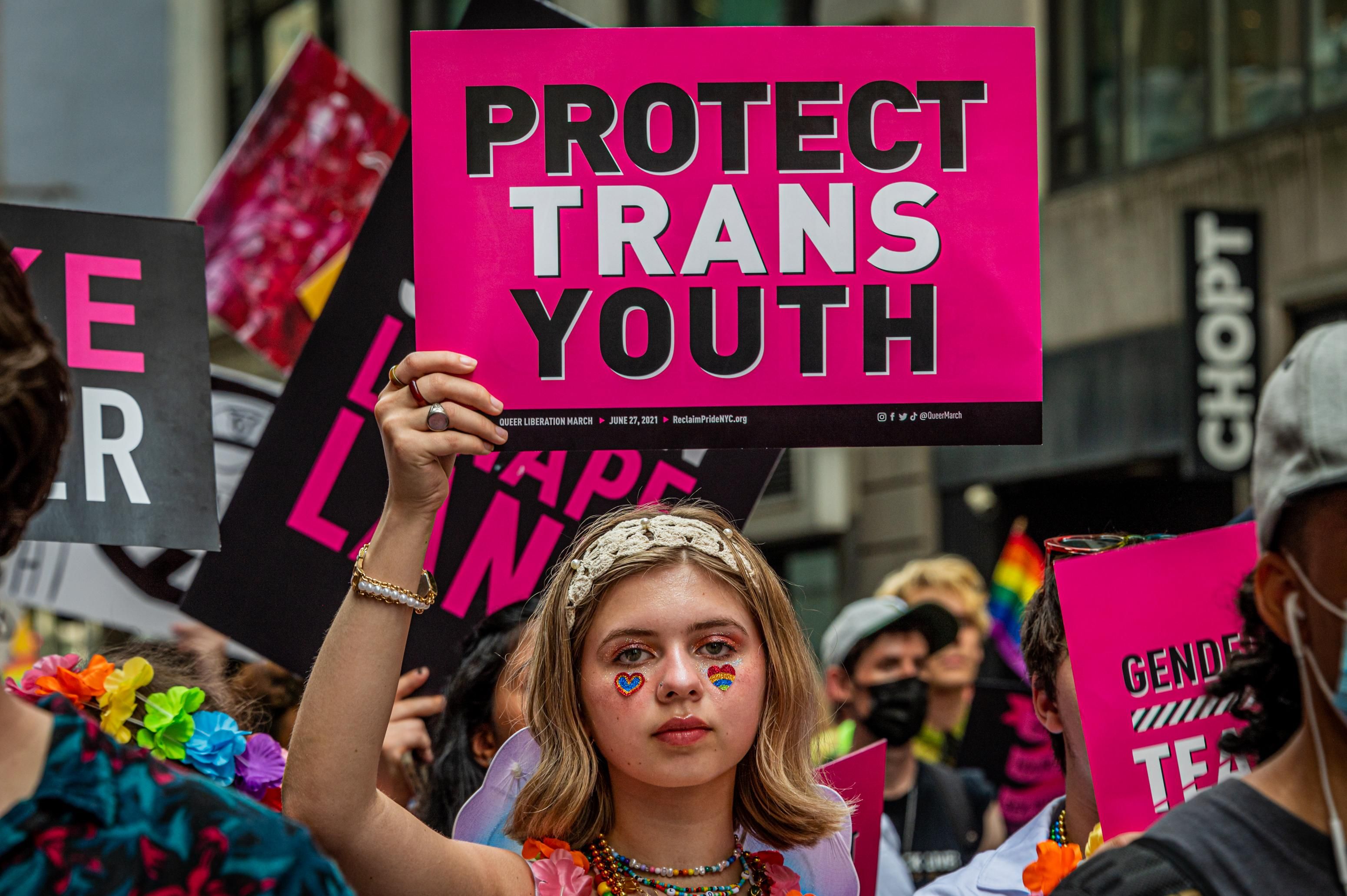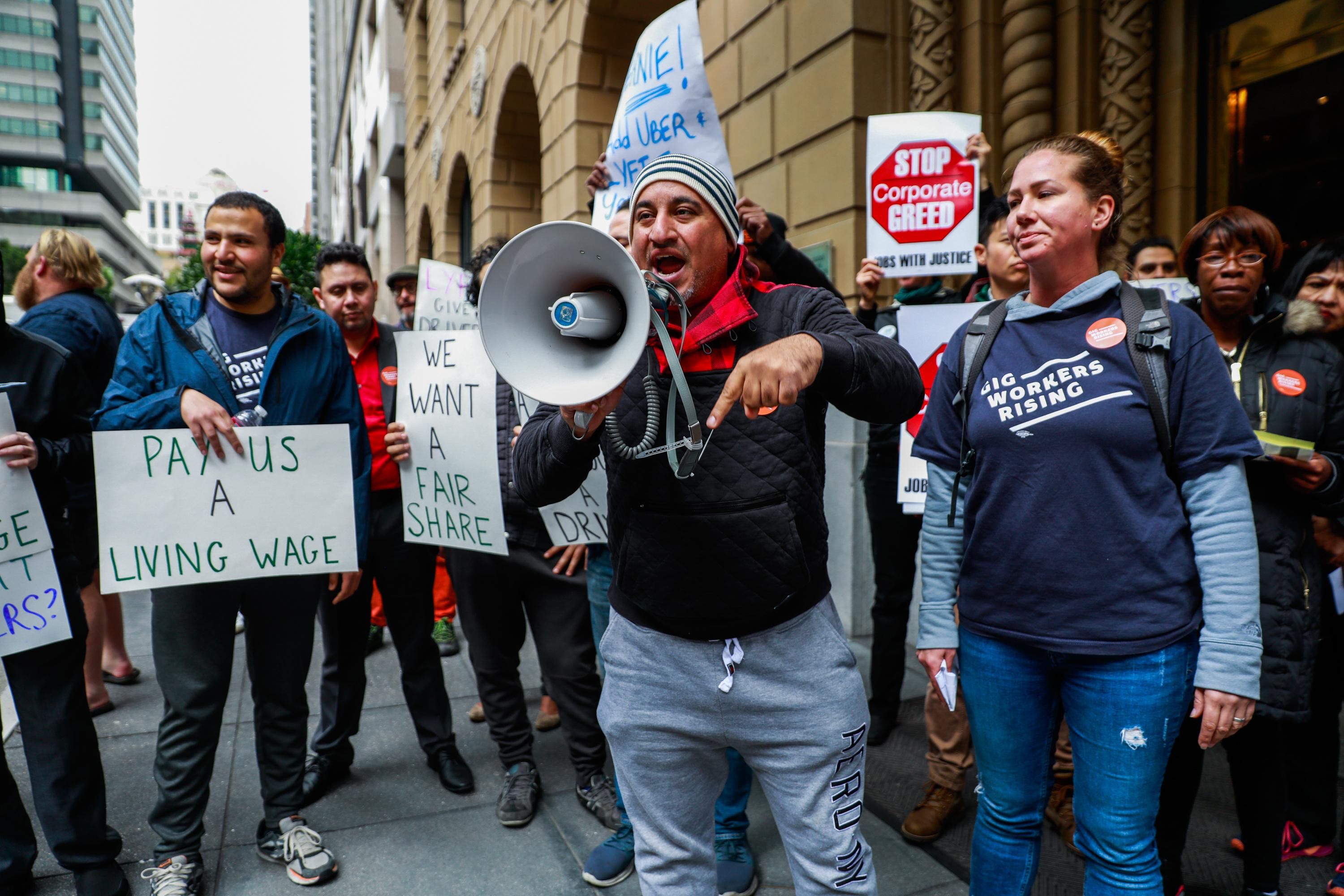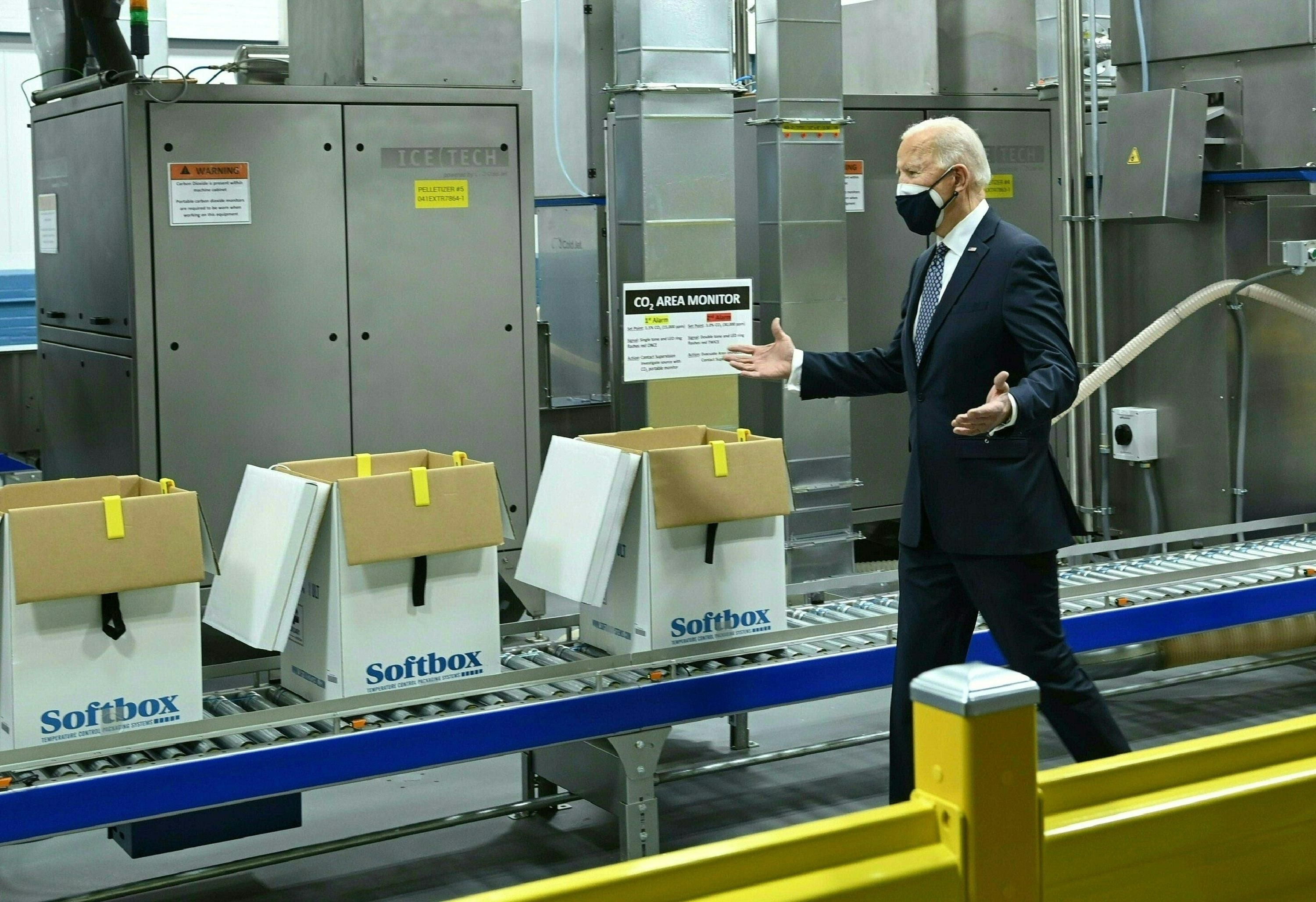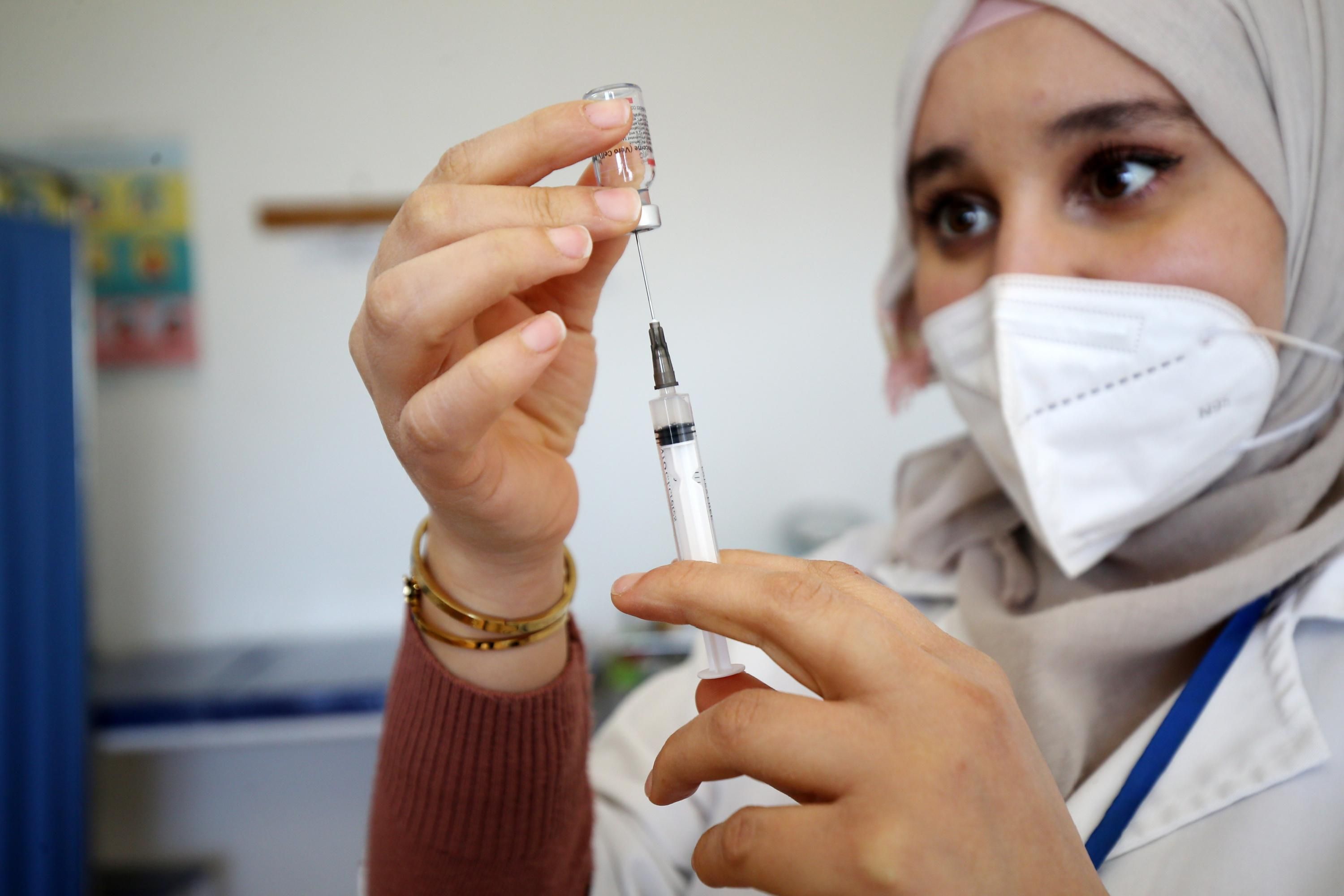TWO YEARS AGO
California Passed Bill to Make Ethnic Studies a Requirement for High School Students
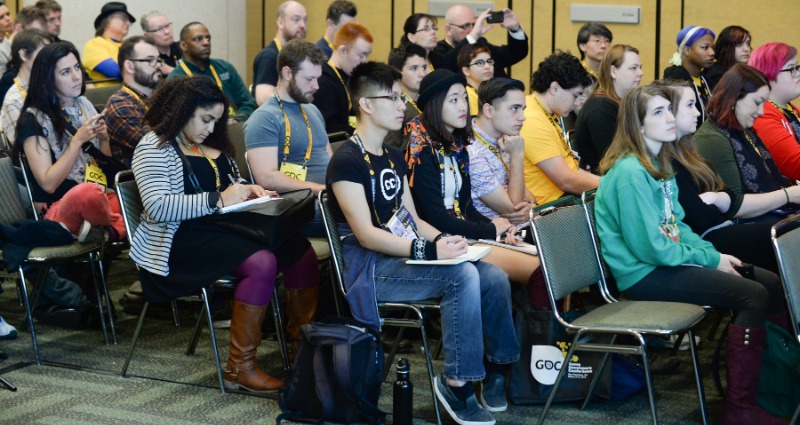
A new California bill headed to Governor Gavin Newsom is set to make ethnic studies a graduation requirement for high school students in the state.
Assembly Bill 331: Should the governor sign the landmark bill, California would become the first state to require that all high school students pass a one-semester ethnic studies course, SF Chronicle reports.
- Legislature passed the bill on August 31, which marks the last day of the legislative session.
- In passing AB331, a Senate committee voted 33 to 4 without much discussion, according to EdSource.
- Sen. Andreas Borgeas (R-Fresno), who supported the ethnic studies and voted for the bill, raised the question of whether the legislature should mandate additional graduation requirements for those who might consider vocational studies.
- Completing an ethnic studies course would satisfy one of the English or social studies course requirements for graduation.
- Student groups GENup, Diversify Our Narrative, and March for Our Lives California, created a petition to rally support for the bill.
- The petition states: “Our education system owes it to us to equip us with the tools to adequately navigate these systems, yet our history courses largely focus on the highlights of European and American history, disregarding the negative impacts of the European experience and misinforming us on how the U.S. government harmed and discriminated against marginalized groups.”
- The Council on American-Islamic Relations (CAIR) California believes it is “essential for students to learn about the origins of various ethnic groups and our transnational linkages.”
- The curriculum will reportedly study history, culture, politics, contributions and prejudices.
- On August 17, Newsom signed another bill requiring ethnic studies for California State University graduates into law.
One slight change: The bill’s primary author, Assemblyman Jose Medina (D-Riverside) needed one amendment to be accepted by several others before it was sent to the final vote.
- Medina’s amendment pushes the start date for the inclusion of ethnic studies to the 2029-30 year, instead of the original plan offering the course in the 2025-26 year.
- This should give schools and districts “plenty of time to prepare for a smooth implementation,” such as giving the state more time to provide funding for the new courses, according to the assemblyman.
- Another amendment was pushed to give the governing board of a school district or charter school authority to adopt a “locally developed” ethnic studies course instead of a statewide model ethnic studies curriculum that is being developed.
- The proposal essentially gives power to some districts to adopt a course that may deviate attention from the model curriculum’s focus on the four minority groups traditionally covered by ethnic studies courses: African Americans, Latinos, Asian Americans and Native Americans.
Los Angeles Unified, adopted an ethnic studies graduation requirement on its own last week, while Fresno Unified adopted a two-semester ethnic studies requirement a month ago. Other districts are expected to also establish an earlier timetable in adopting the requirement.
Featured Image via Official GDC (CC BY 2.0)
